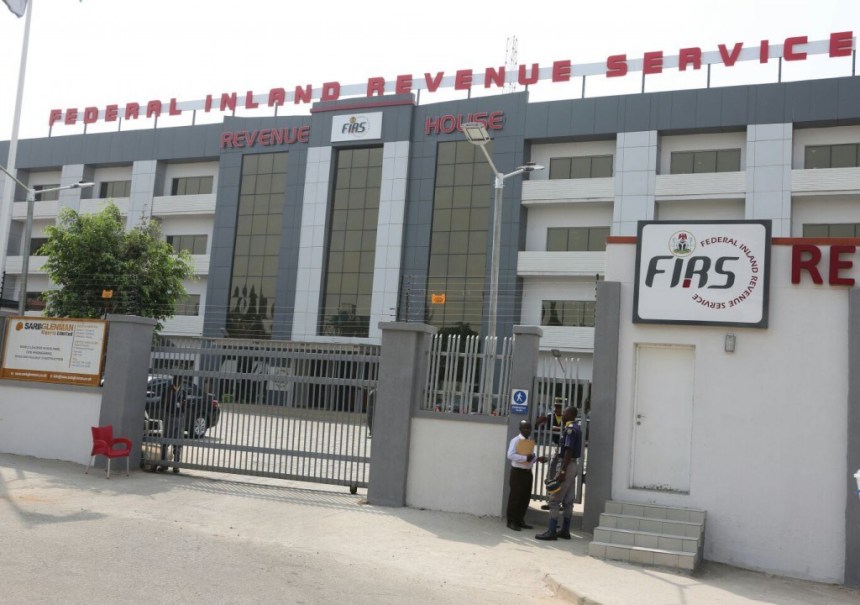The Chairman of the Federal Inland Revenue Service (FIRS), Muhammad Nami, on Wednesday said the agency has a projection of N10.1 trillion revenue generation for the country in 2022.
This was as he said that the signing of the Petroleum Industry Bill (PIB) into law will negatively affect government revenue expected to be generated from petroleum profit tax in 2022.
Nami made these known when he appeared before the House of Representatives Committee on Finance at its ongoing 2022-2024 Medium-Term Expenditure Framework and Fiscal Strategy Paper (MTEF & FSP) interactive session with MDAs at the National Assembly Complex, Abuja.
According to him, of the total amount projected, N2.053 trillion will be remitted to the federal government, while the balance will go to the states and local governments of the federation.
Nami, who told the lawmakers that the agency generated N4.9 trillion revenues in 2020, which was about 98 per cent of its set target for the year, said there was the possibility of surpassing the set target for revenue generation in 2022.
He assured the lawmakers that after some investigations and audits, which will be carried out by the agency in 2022, government revenue is expected to increase significantly in 2023.
He also disclosed that the FIRS has taken cognisance of the coming into effect of the digital economy in the country and was taking advantage of it to increase revenue generation, adding that Twitter and other social media platforms were already registering with the service for tax payment.
Nami said: “We expect that with the new Petroleum Industry Act, there are some reconciliations that will be carried out that might affect the projections for 2022. We expect that there are new expenditures that will be rolled over to the new regime.
“So, what we are trying to do is to ensure that we adjust those expenses for the year 2022. We know that if we do that, it is going to affect our ability to collect more revenue in that area. There are currently some allowances they have been able to use, but they will use them because this will be a new regime.
“It is not going to be the one that has investment tax allowance anymore. It is going to be based on actual performance. But we are going to recognize whatever they have now as a cost before you arrive at the actual profit they are going to generate. What we have planned to do is aggressively conduct audits and investigations in the year 2022. We are projecting that by 2023, the result of that audit will begin to manifest. That is why we have projected 2023 to be N6.2 trillion.”
Responding to a question on the recent increase in the cost of vehicle number plates and licences by the Joint Tax Board (JTB), Nami explained that the decision was taken due to the high cost of production of number plates as complained by the company producing them.
He said it was the collective decision of all the chairmen of internal revenue boards from the 36 states and the FCT.
The Chairman, House Committee on Finance, Hon. James Faleke, in his response, commended the agency for its efforts in generating revenues, urging them to do more.


